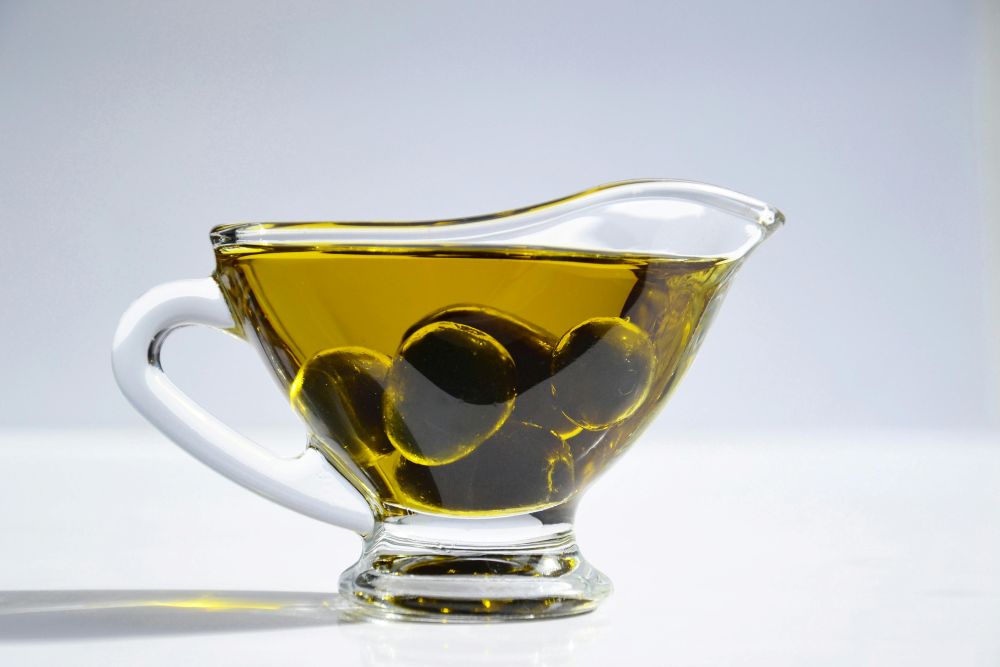Long-term study shows diet can offset genetic risk for developing dementia.
A recent investigation into dementia risk has shown that what people eat may work together with their genetic makeup to influence how their brains age. In this research, scientists focused on the Mediterranean diet and how it might protect memory and thinking skills, especially in those who are already at higher risk due to inherited factors.
Dementia, which includes Alzheimer’s disease and related conditions, is one of the most challenging health issues of our time. Every few seconds, another person is diagnosed somewhere in the world. While genes play a strong role, lifestyle habits also matter, and this has led researchers to explore how diet might help reduce risk, even when someone is born with a genetic disadvantage.
The study followed thousands of men and women over several decades, looking at their eating patterns, genetic profiles, and blood chemistry. It focused on a specific gene known as APOE4, which is widely recognized as a strong risk marker for Alzheimer’s disease. However, the research did not stop there. Other genes, such as those involved in brain tissue repair, were also studied to see how they might interact with diet and metabolism.
Blood samples were analyzed to measure hundreds of compounds called metabolites. These compounds act like fingerprints of what is happening inside the body. Some are linked to inflammation, some to energy use, and others to brain health. By comparing these chemical markers, scientists could see which patterns predicted better or worse outcomes.
 Photo by Mareefe from Pexels
Photo by Mareefe from Pexels
The results were striking. People who ate a Mediterranean-style diet tended to have a healthier mix of metabolites in their blood, even when they carried genes that usually spell trouble for the brain. This diet includes fruits, vegetables, nuts, whole grains, olive oil, and moderate amounts of fish and poultry. It limits processed foods and red meat. Among those with the highest genetic risk, those who stuck to this eating pattern showed fewer signs of memory decline over time.
One interesting clue came from compounds related to caffeine. In certain high-risk individuals, those who followed the Mediterranean diet had higher levels of a caffeine byproduct in their blood. This compound is thought to have antioxidant effects, which may help protect brain cells from damage. Other protective compounds tied to this diet included healthy fats and plant-based molecules that help fight stress in the body.
On the other hand, those who carried risky genes and ignored diet quality tended to have more harmful compounds in their blood. These included forms of fat linked to inflammation and poor clearance of brain waste products. These patterns suggest that diet may influence how genes behave by changing the chemical environment in the body.
The study also found that adding metabolite information to standard health data improved predictions of who would develop dementia better than family history alone. While this does not mean blood tests can fully predict brain health yet, it hints at a future where doctors may combine genetic and chemical clues to give more personalized advice.
Scientists caution that this type of research cannot prove cause and effect because it is based on observation, not direct intervention. Still, the strength of the findings and the size of the study make it clear that genetics do not tell the whole story. Diet appears to play an important role in shaping brain outcomes, even for those with the strongest inherited risks.
For now, experts suggest that focusing on a balanced diet rich in plants, healthy fats, and whole foods remains one of the most practical steps for supporting brain health. While no single habit can erase genetic risk, the right choices may tilt the odds in a better direction and help preserve memory longer.
Sources:
Mediterranean diet lowers dementia risk by altering key metabolites
Interplay of genetic predisposition, plasma metabolome and Mediterranean diet in dementia risk and cognitive function

Dining and Cooking